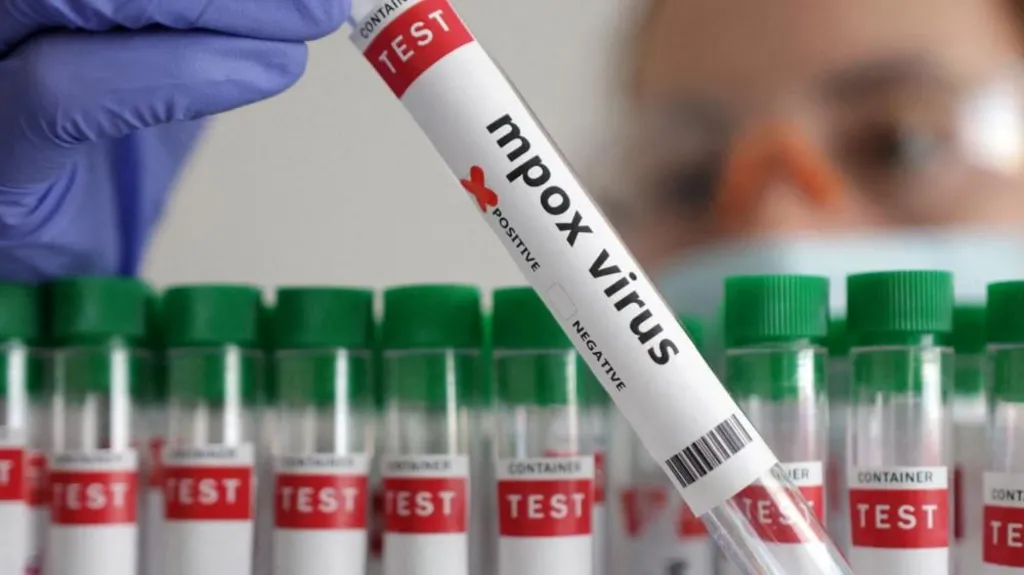By : Lloyd Mahachi
In a groundbreaking development, the World Health Organization (WHO) has approved the first diagnostic test that provides immediate results, revolutionizing the battle against mpox. This milestone marks a significant step forward in the fight against the deadly virus, enabling faster detection and containment.
To date, more than 30,000 suspected mpox cases have been reported across Africa this year, with limited testing capacity and delays hindering confirmation. Alarmingly, barely 40% of cases have been confirmed through a test, underscoring the urgent need for improved diagnostic capabilities. The Democratic Republic of Congo has been hardest hit, with at least 635 deaths reported.
The newly approved PCR test enables rapid detection of mpox DNA from skin lesion swabs, eliminating the need for laboratory testing and lengthy wait times. This innovative test will empower healthcare workers to respond swiftly and effectively, containing the spread of the virus.
According to Yukiko Nakatani, WHO Assistant Director-General, “Increasing access to quality-assured medical products is central to our efforts in assisting countries to contain the spread of the virus and protect their people, especially in underserved regions.” This statement underscores the WHO’s commitment to ensuring equitable access to life-saving diagnostic tools.
Mpox, previously known as monkeypox, is a highly contagious disease that has spread to neighboring countries, including Burundi, Uganda, and Rwanda. The WHO declared the outbreak a global public health emergency for the second time in two years, following rising cases in DR Congo. This declaration highlights the gravity of the situation and the need for concerted global action.
Vaccination efforts are underway, with Western countries donating doses to combat the outbreak. Rwanda is set to receive 5,000 more doses, and Nigeria will launch a vaccination drive next week. Frontline healthcare workers and close contacts of infected patients will be prioritized in DR Congo, which has 200,000 vaccines donated by the European Commission.
As the Democratic Republic of Congo prepares to begin its mpox vaccination program, this breakthrough brings hope for containing the spread of mpox. The WHO’s approval of the rapid diagnostic test will enable healthcare workers to identify and isolate cases more efficiently, reducing transmission rates.
Furthermore, this development will facilitate real-time monitoring of the outbreak, enabling data-driven decision-making and targeted interventions. The WHO’s leadership in combating mpox has been instrumental in mobilizing global support and coordinating response efforts.
The WHO’s approval of the rapid diagnostic test marks a crucial step forward in the fight against mpox, enabling faster detection and response to this global health emergency. As the international community continues to work together to combat this deadly virus, innovations like this diagnostic test will be pivotal in saving lives and protecting vulnerable populations.
Editor : Josephine Mahachi

